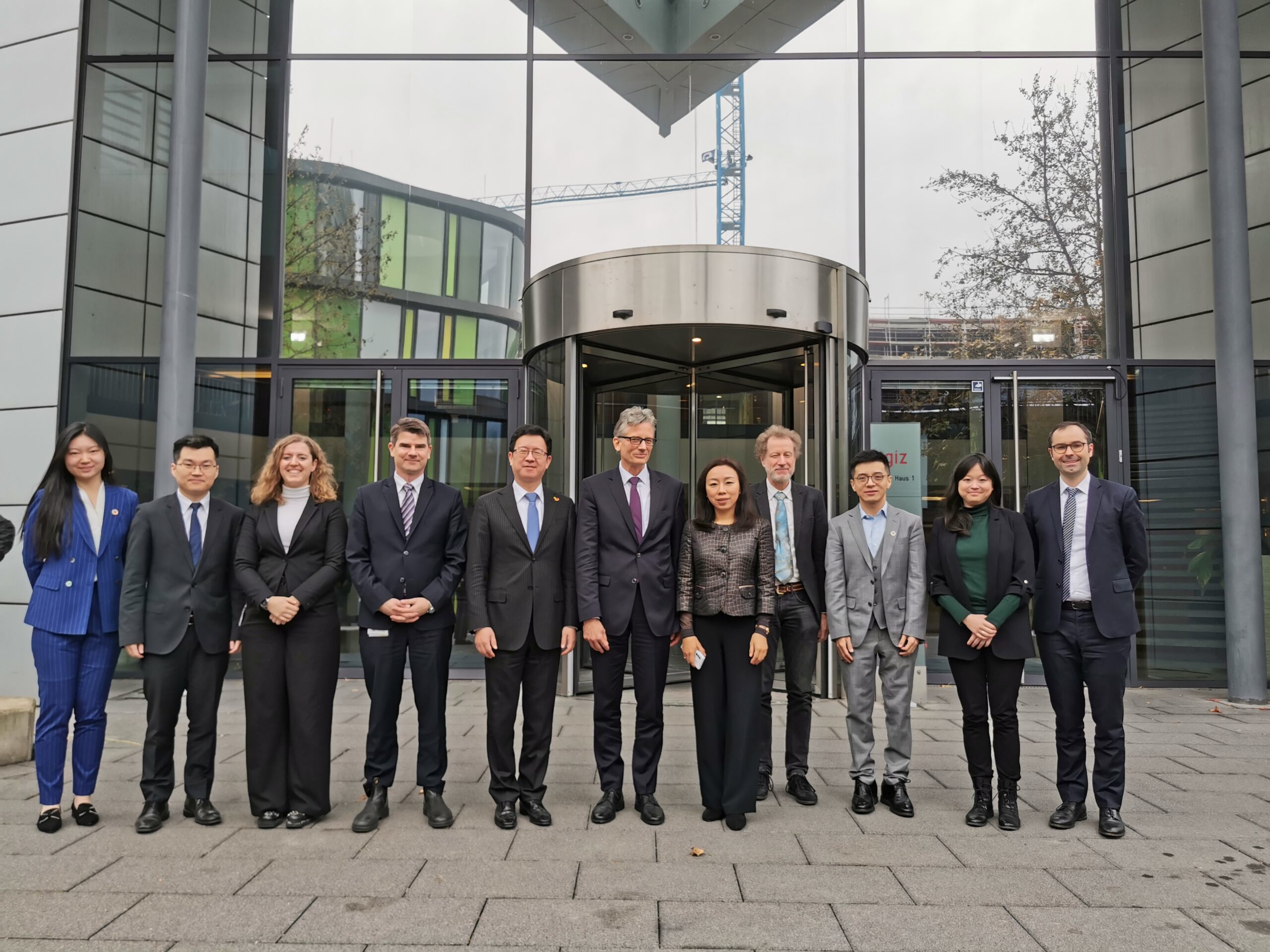Each year, at least 20,000 African elephants are illegally killed for their tusks. A decade-long resurgence in demand for elephant ivory, particularly in parts of Asia, has fueled this rampant poaching epidemic. The elephant ivory trade not only threatens the very survival of this iconic species and causes broader ecological consequences, but also endangers the lives and livelihoods of local people and undermines national and regional security.
At the end of 2017, China took the remarkable step of closing its legal domestic ivory market. According to surveys conducted by GlobeScan, this measure reduced the future intention to purchase ivory from 43% of the population in pre-ban times to 26% in 2018.
However, the percentage still represented a very significant number of people interested in the purchase of ivory given China’s large population. It also further indicates that the closure of ivory markets cannot only rely on a government ban and enforcement. Engaging consumers and shifting attitudes must also be priorities.
In 2018, the GIZ Sector Programme “Conservation of Biodiversity on Land” supported the World Wildlife Fund (WWF) initiative “Demand Reduction for Ivory in China” on behalf of the German Federal Ministry for Economic Cooperation and Development (BMZ). Its goal was to change consumption patterns within China so that ivory no longer meets with social acceptance and is no longer seen as a status symbol.
Between 2018 and 2022, the project has contributed to further reducing the ivory demand in the remaining consumers through targeted behavior-change campaigns. These included campaigns on online marketplaces and in social media (Tencent’s WeChat, Weibo, Douyin) as well as physical workshops with leading online travel platforms through the Sustainable Travel Alliance.
According to the surveys done by GlobeScan, the proportion of the die-hard buyers was reduced from 19% in 2018 to 11% in 2021. This development is based on a combination of the interventions brought on by the project and external factors such as the government support in demand reduction, and possibly also the travel restrictions associated with Covid 19. By September 2021, the project had reached approximately 22 million people through online campaigns based on precision-target digital approaches developed by the Tencent platform.
The project has also enhanced partnerships with key government stakeholders in China, including the National Forestry and Grassland Administration (NFGA), China Customs, and the local governments such as Forestry Department of Hunan Province. This has supported and facilitated the project implementation, with the team receiving market and seizure updates on ivory.
From 2022 on, the project implementation will continue to receive support from Germany through the GIZ global programme “Partnership against Wildlife Crime” commissioned by BMZ and the German Federal Ministry for the Environment and Consumer Protection (BMUV). Addressing the whole illegal trade chain, the programme aims to improve and broaden the implementation of proven approaches by key stakeholders in order to curb transnationally organized wildlife crime in various affected countries. It is focusing on illegal wildlife trade of rhino horn, ivory, and pangolin products from the source countries mainly in Africa to consumer countries in Asia.
Lessons learned and impacts of the first phase will be fed into the second phase. The transferability of the pilot measures to other regions and countries have been assessed in order to plan future activities in this area. This will also help to acquire insights towards the development of further strategic approaches in the field of demand reduction and to serve for knowledge management.
In 2021, BMZ identified China as a global partner in its reform strategy “BMZ 2030”, with cooperation focusing the provision and preservation of global public goods and the successful implementation of the 2030 Agenda. The Sino-German Center for Sustainable Development (CSD), initiated jointly by BMZ and the Chinese Ministry of Commerce in 2017, serves as the umbrella for BMZ engagement in and with China.




